Which of the following compounds undergoes mucleophilic substitution reaction most easily?
A
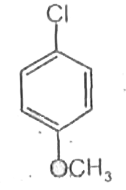
B
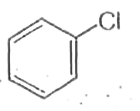
C
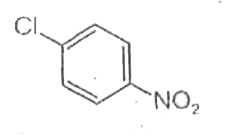
D

Video Solution
Text Solution
The correct Answer is:C
|
Answer
Step by step video & image solution for Which of the following compounds undergoes mucleophilic substitution reaction most easily? by Chemistry experts to help you in doubts & scoring excellent marks in Class 12 exams.
Updated on:21/07/2023Topper's Solved these Questions
- HALOALKANES AND HALOARENES BOOK - AAKASH INSTITUTE ENGLISHCHAPTER - HALOALKANES AND HALOARENES EXERCISE - ASSIGNMENT SECTION - C
39 Videos
- HALOALKANES AND HALOARENES BOOK - AAKASH INSTITUTE ENGLISHCHAPTER - HALOALKANES AND HALOARENES EXERCISE - ASSIGNMENT SECTION -D
15 Videos
- HALOALKANES AND HALOARENES BOOK - AAKASH INSTITUTE ENGLISHCHAPTER - HALOALKANES AND HALOARENES EXERCISE - ASSIGNMENT SECTON - A
45 Videos
- GENERAL PRINCIPLES AND PROCESSES OF ISOLATION OF ELEMENTSBOOK - AAKASH INSTITUTE ENGLISHCHAPTER - GENERAL PRINCIPLES AND PROCESSES OF ISOLATION OF ELEMENTSEXERCISE - Try Yourself
33 Videos
- HYDROCARBONSBOOK - AAKASH INSTITUTE ENGLISHCHAPTER - HYDROCARBONSEXERCISE - Assignment(Section - C) (Previous Years Questions)
60 Videos
Similar Questions
Knowledge Check
Which ofthe following is most reactive towards nucleophilic substitution reaction ?
ACH2=CH−ClBC6H5ClCCH3CH=CHClDClCH2−CH=CH2Which of the following will not undergo nucleophilic aromatic substitution ?
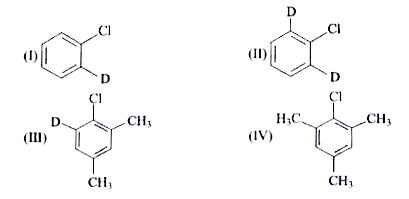 AI, II and IIIBII and IVVCIII and IVDonly IV
AI, II and IIIBII and IVVCIII and IVDonly IVWhich of the following is the most reactive towards nucleophilic substitution reaction?
AClCH2−CH=CH2BCH2=CH−ClCCH3CH=CH−ClDC6H5Cl
Which of the following compound will undergo tautomerism?
View SolutionWhich of the following reactions is an example of nucleophilic substitution reaction?
View SolutionWhich of the following reactions is an example of nucleophilic substitution reaction?
View SolutionWhich one of the following pairs undergoes Snl substitution reaction faster and why?

View SolutionWhich one of the following pairs undergoes Snl substitution reaction faster and why?
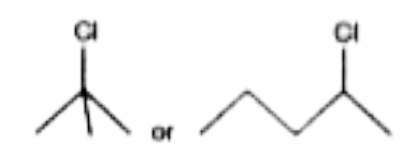
View Solution
